2019 Suzuki Gixxer vs Yamaha FZ-FI vs TVS Apache RTR 160 4V vs Honda CB Hornet 160R: Spec Comparison
We've picked out some of the Gixxer's main opponents to figure out if, after the addition of Fuel-Injection (FI) & ABS, the Gixxer has really gone on to become the leader of the pack, or if it is just another 150cc motorcycle wearing fancy clothes and an exorbitant price tag.
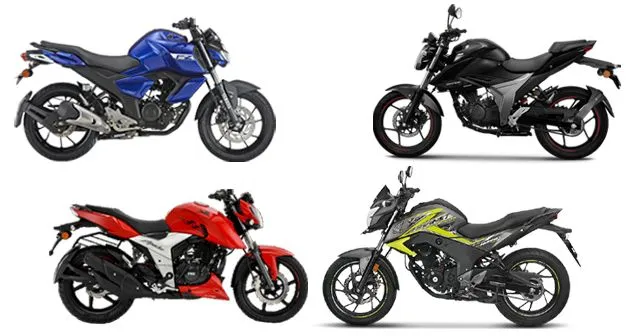
After introducing the rather good-looking & updated 2019 Suzuki Gixxer SF, Suzuki has now rolled out the updated version of its naked sibling as well, the Gixxer 155. As the Gixxer has been a very well received product in Suzuki's recent portfolio, it has inevitably upped the ante when compared against its chief rivals. So, we've picked out some of its main opponents to figure out if, after the addition of Fuel-Injection (FI) & ABS, the Gixxer has really gone on to become the leader of the pack, or if it is just another 150cc motorcycle wearing fancy clothes and an exorbitant price tag.
Dimensions
While the outgoing Gixxer and the current TVS Apache RTR 160 4V shared the same length, the 2019 Gixxer is 30mm shorter than its predecessor. However, out of the four, the FZ is the shortest here in length, which, although does not affect much of the riding dynamics, it certainly affects the bike's visual stance & profile. The FZ does seem like the most upright of the four.
What goes in the Gixxer's favour is the fact that it is the widest & lowest of them all, giving it a more planted, confidence-inducing ride. At 140kg, the Gixxer is a bit heavier than the FZ but is quite lighter than the RTR 160, which kind of balances the performance-efficiency equation. An important aspect, especially in Indian conditions, is the ground clearance, in which, the Apache wins big. The Gixxer, on the other hand, will be the most challenging to take over some large speed breakers. All four bikes also offer similar fuel tank capacity.
| Suzuki Gixxer | Yamaha FZ-FI | TVS Apache RTR 160 4V | Honda CB Hornet 160R | |
| Length | 2,020mm | 1,990mm | 2,050mm | 2,041mm |
| Width | 800mm | 780mm | 790mm | 783mm |
| Height | 1,035mm | 1,080mm | 1,050mm | 1,091mm |
| Wheelbase | 1,335mm | 1,330mm | 1,357mm | 1,346mm |
| Seat Height | 795mm | 790mm | 800mm | NA |
| Kerb Weight | 140kg | 137kg | 149kg | 138-141kg |
| Ground Clearance | 160mm | 165mm | 180mm | 164mm |
| Fuel Tank Capacity | 12 litres | 12.8 litres | 12 litres | 12 litres |
Performance
This where the discussion gets interesting. Straight off the bat, the CB Hornet 160R has a disadvantage over the three since it's the only one here not available as a fuel-injected model. The rest are either only fuel-injected or available as an option with alongside carburetted derivatives. Also, this is where Suzuki has a bit of explaining to do in terms of the Gixxer's price. On paper, the RTR 160 4V is ₹ 900 cheaper and still, it offers superior engine technology (oil-cooled & a 4-valve setup). As a result, the RTR 160 4V is also the most performance-friendly machine here, producing most power & torque of the four.
Apart from the CB Hornet 160, all three bikes are fuel-injected. In terms of suspension & gearbox, all four bikes feature an identical setup.
| Suzuki Gixxer | Yamaha FZ-FI | TVS Apache RTR 160 4V | Honda CB Hornet 160R | |
| Engine Type | Air-Cooled, 4-Stroke, SOHC, 2-valves | Air-Cooled, 4-Stroke, SOHC, 2-valves | Oil-Cooled, 4-Stroke, 4-valves | Air-Cooled, 4-Stroke, 2 valves |
| Displacement | 155cc | 149cc | 159.7cc | 162.71cc |
| No. of Cylinders | 1 | 1 | 1 | 1 |
| Power | 13.9bhp | 13bhp | 16.56bhp | 14.9bhp |
| Torque | 14Nm | 12.8Nm | 14.8Nm | 14.5Nm |
| Gearbox | 5-speed | 5-speed | 5-speed | 5-speed |
| Fuel System | Fuel Injected (FI) | Fuel Injected (FI) | Fuel Injected (FI) | Carburettor |
| Suspension | Front - Telescopic Rear - Monoshock | Front - Telescopic Rear - Monoshock | Front - Telescopic Rear - Monoshock | Front - Telescopic Rear - Monoshock |
Features
All four bikes here offer ABS as standard. However, TVS has introduced its 'Super-Moto' ABS on the RTR 160 4V and since it has been developed with inputs from TVS' racing division, it might offer the best braking performance of the four. The CB Hornet & Gixxer offer all-LED lighting, whereas the RTR 160 4V takes a back seat here with regular halogen bulb-based lighting. All four bikes offer a fully-digital instrument cluster along with front & rear disc brakes, but the Gixxer edges ahead in terms of sporty appeal with its new split-seat configuration. Also, the Gixxer and the FZ can be fitted with an optional USB/Power socket for phone charging (as part of the official company-provided accessories list). Although, certain dealers might be able to help out with such accessories from their end, in case of TVS & Honda.
| Suzuki Gixxer | Yamaha FZ-FI | TVS Apache RTR 160 4V | Honda CB Hornet 160R | |
| ABS | Single-Channel | Single-Channel | Single-Channel Super-Moto | Yes |
| LED Lighting | Headlight + Taillight | Headlight only | No | Headlight + Taillight |
| Instrument Cluster | Fully-Digital | Fully-Digital | Fully-Digital | Fully-Digital |
| Disc Brakes | Front + Rear | Front + Rear | Front + Rear | Front + Rear |
| USB Charging Port / Power Socket | Power Socket - Optional Accessory | USB Charging Port - Optional Accessory | No | No |
| Split-Seat | Yes | No | No | No |
Price
If you are not particular about buying a fuel-injected bike, then the CB Hornet 160R offers pretty good value, keeping in mind that it gets most of the modern-day equipment like a digital display, ABS, front & rear disc brakes, etc and offers good performance figures. The Gixxer really needs to offer an exceptional riding experience to justify its six-figure price tag. Another point that can be raised here is that the Gixxer's fully-faired sibling, the Gixxer SF, is more expensive by only ₹ 10,000. So, why wouldn't one invest in the SF to get stronger road presence a sportier riding feel?
| Suzuki Gixxer | Yamaha FZ-FI | TVS Apache RTR 160 4V (EFI ABS) | Honda CB Hornet 160R (ABS DLX) | |
| Price Range (Ex-showroom, Delhi) | ₹ 1 lakh | ₹ 96,180 | ₹ 99,101 | ₹ 95,078 |
Read more:
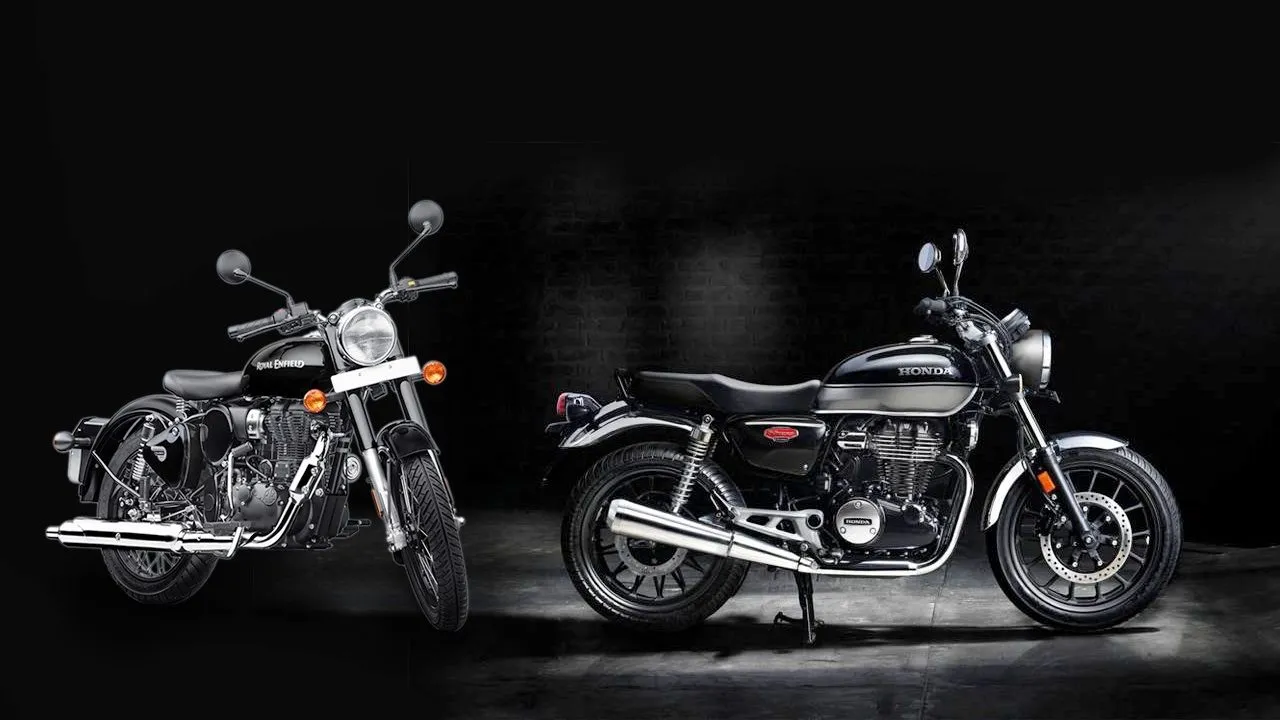

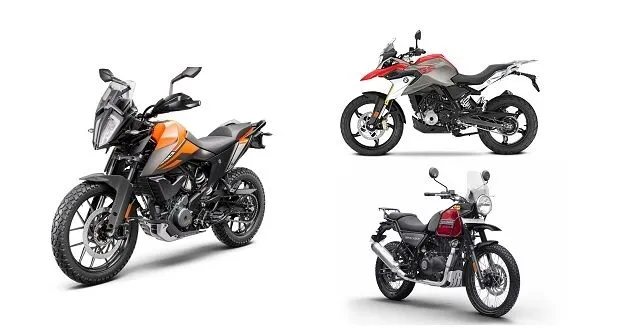

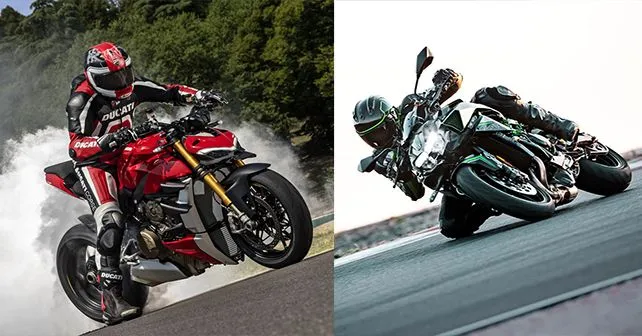
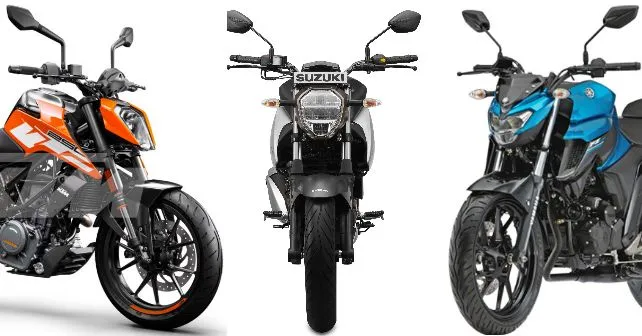
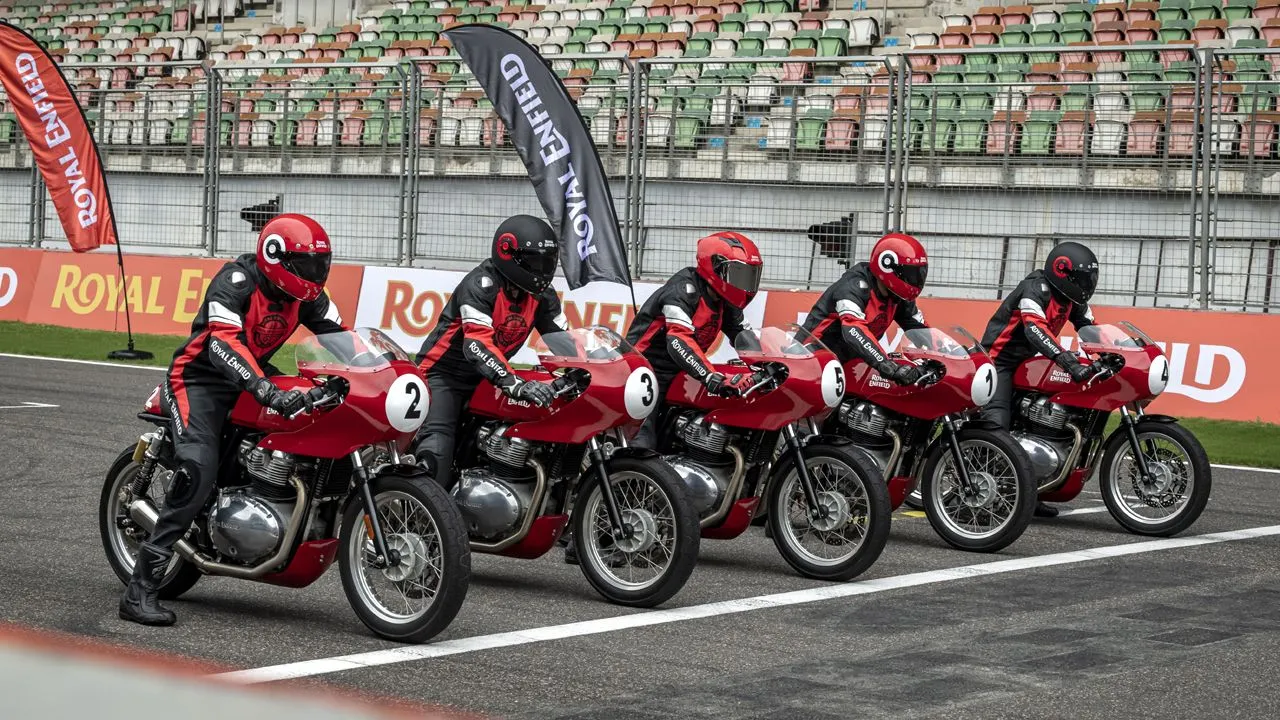
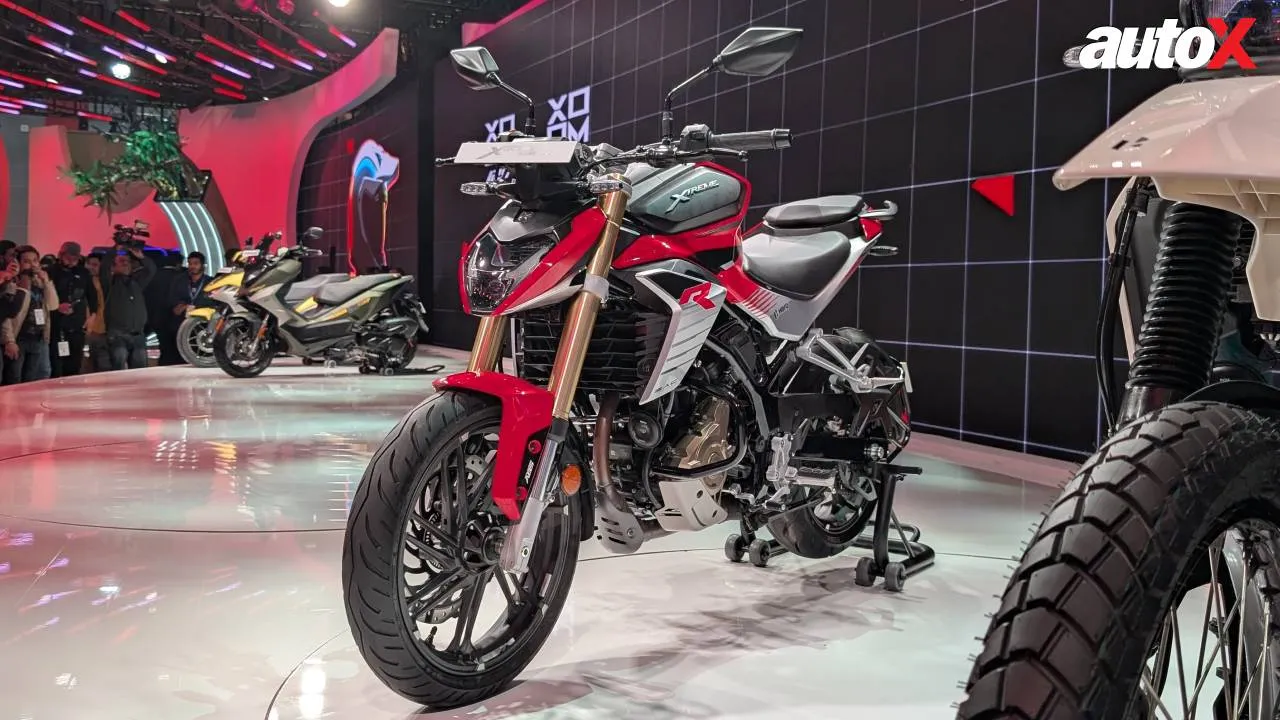
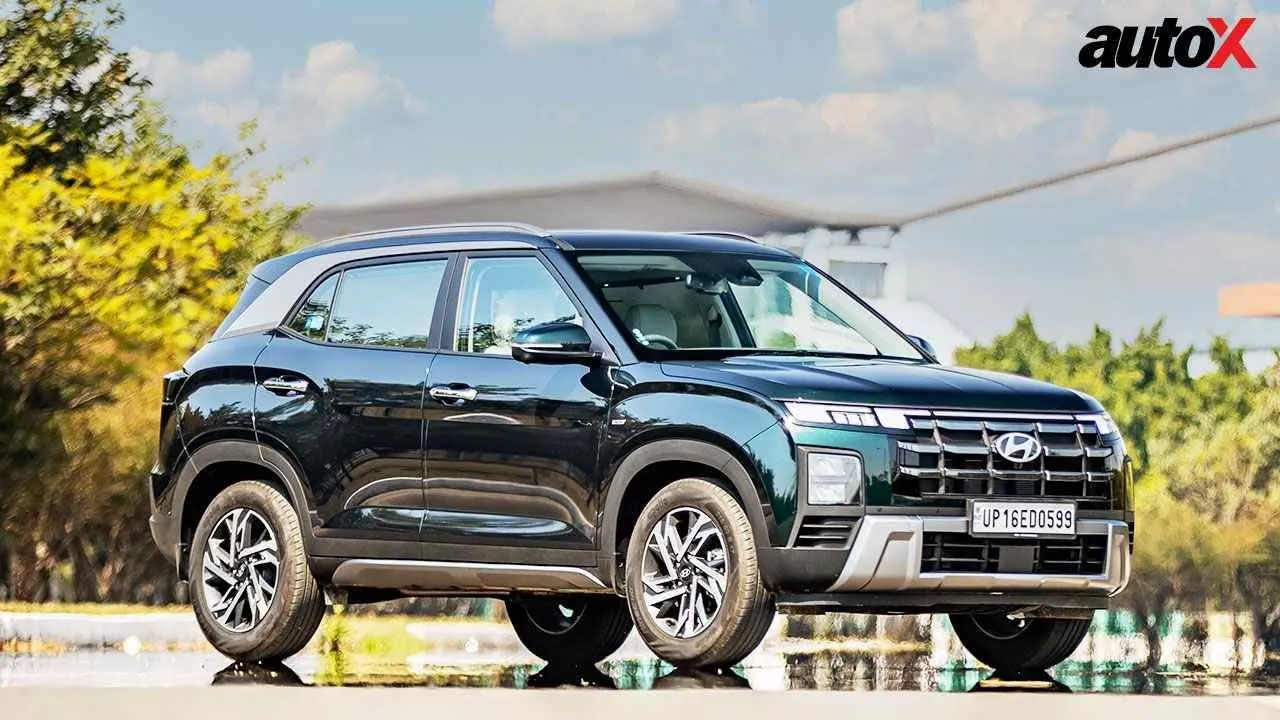
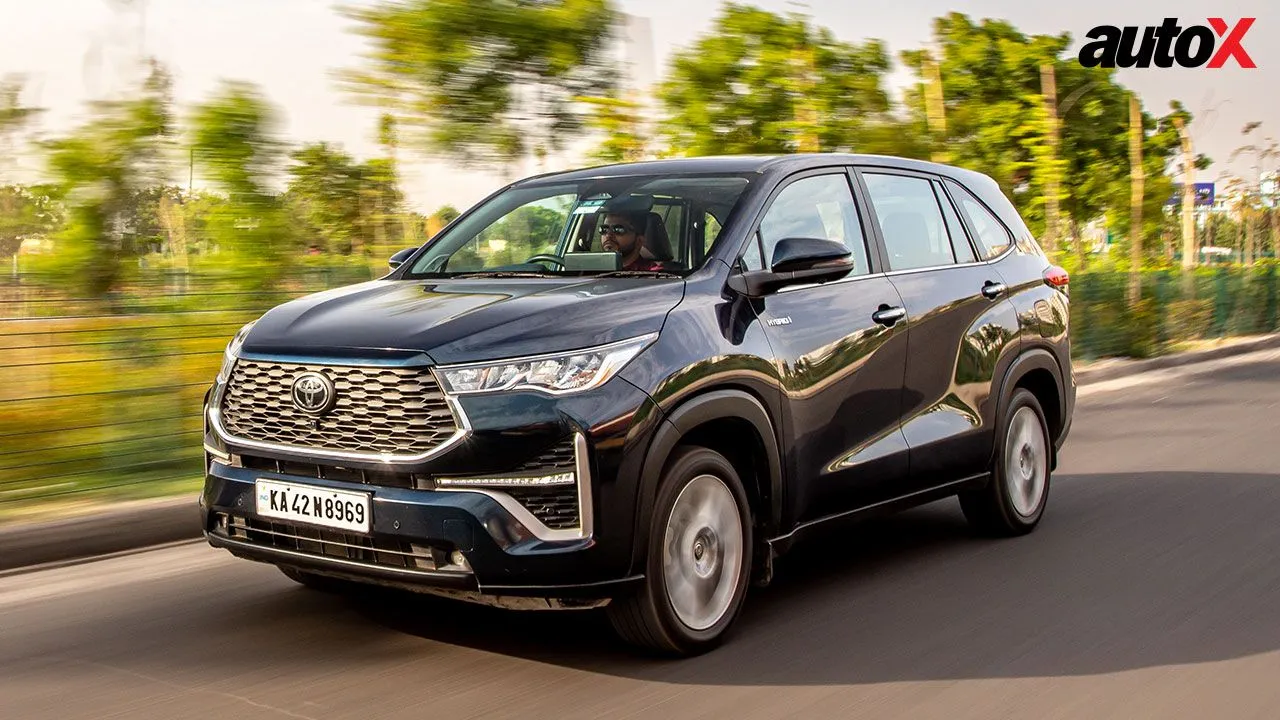
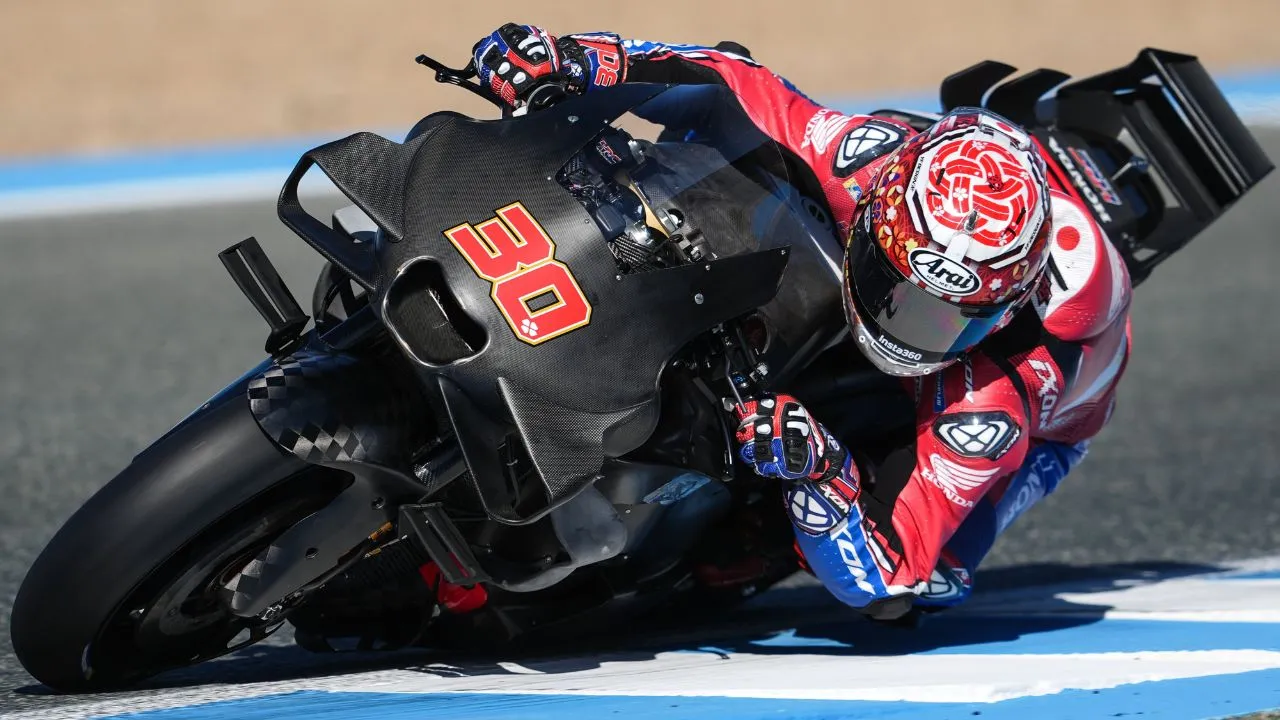

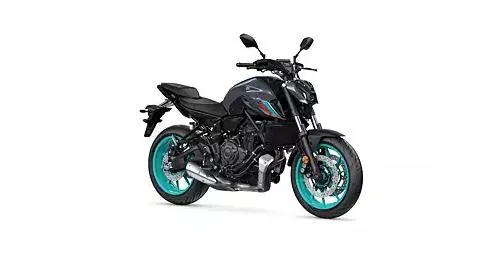


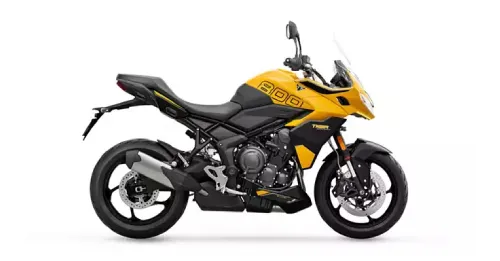














Write your Comment on